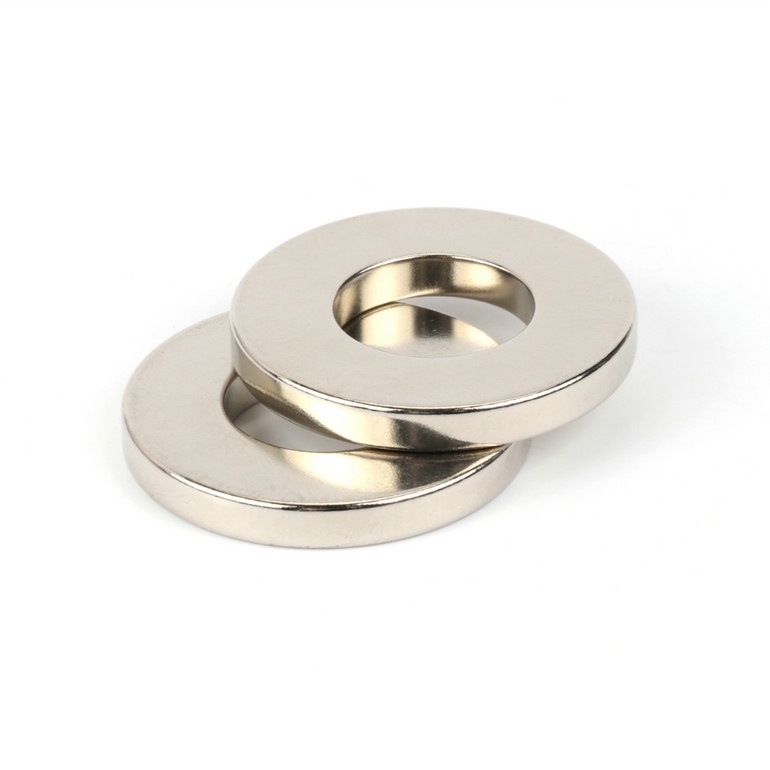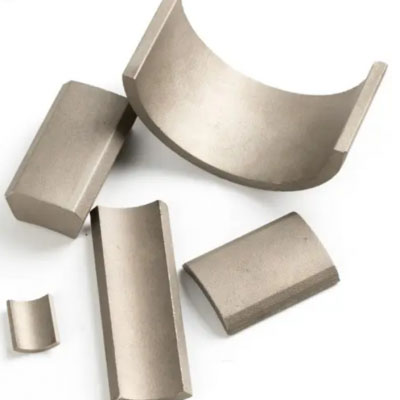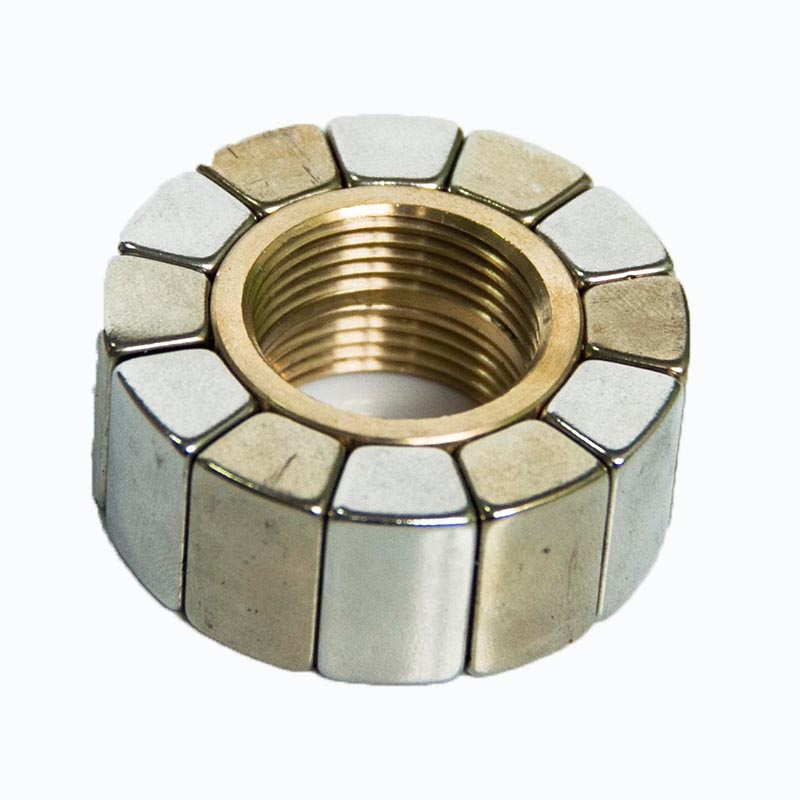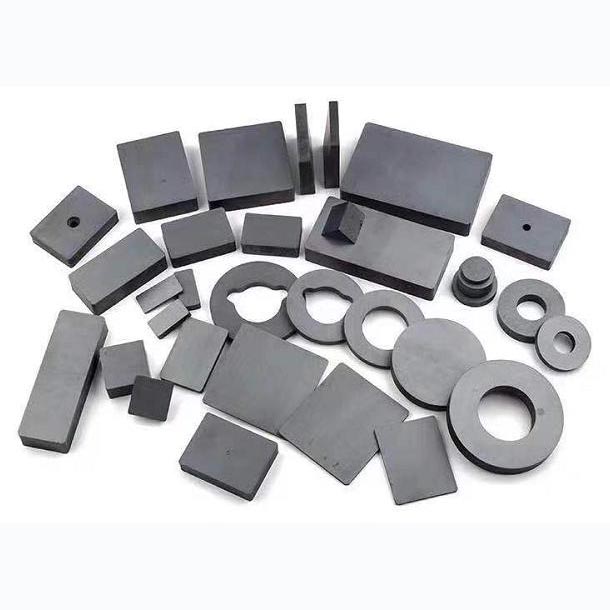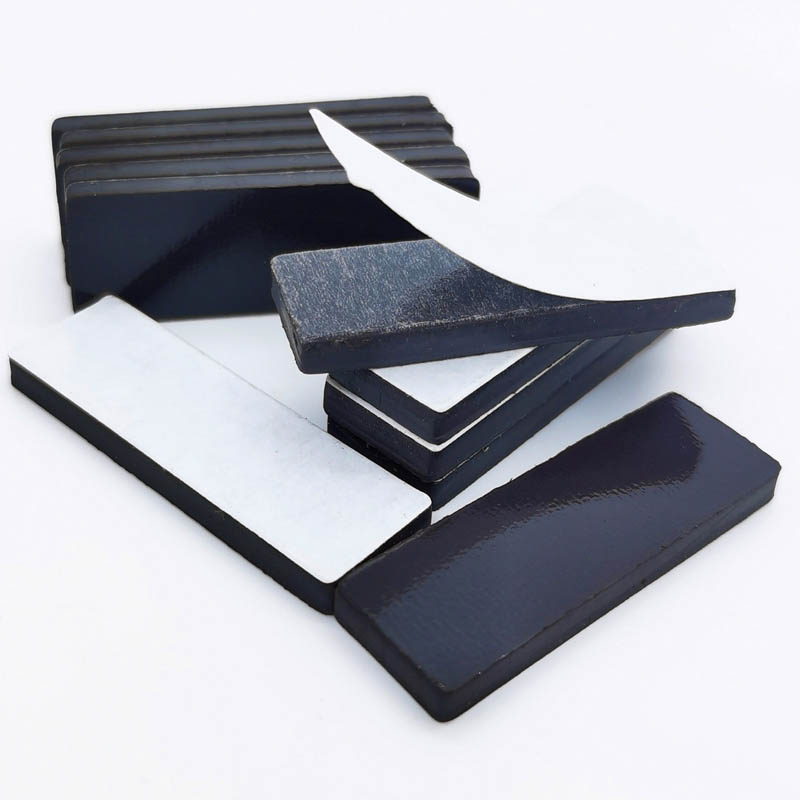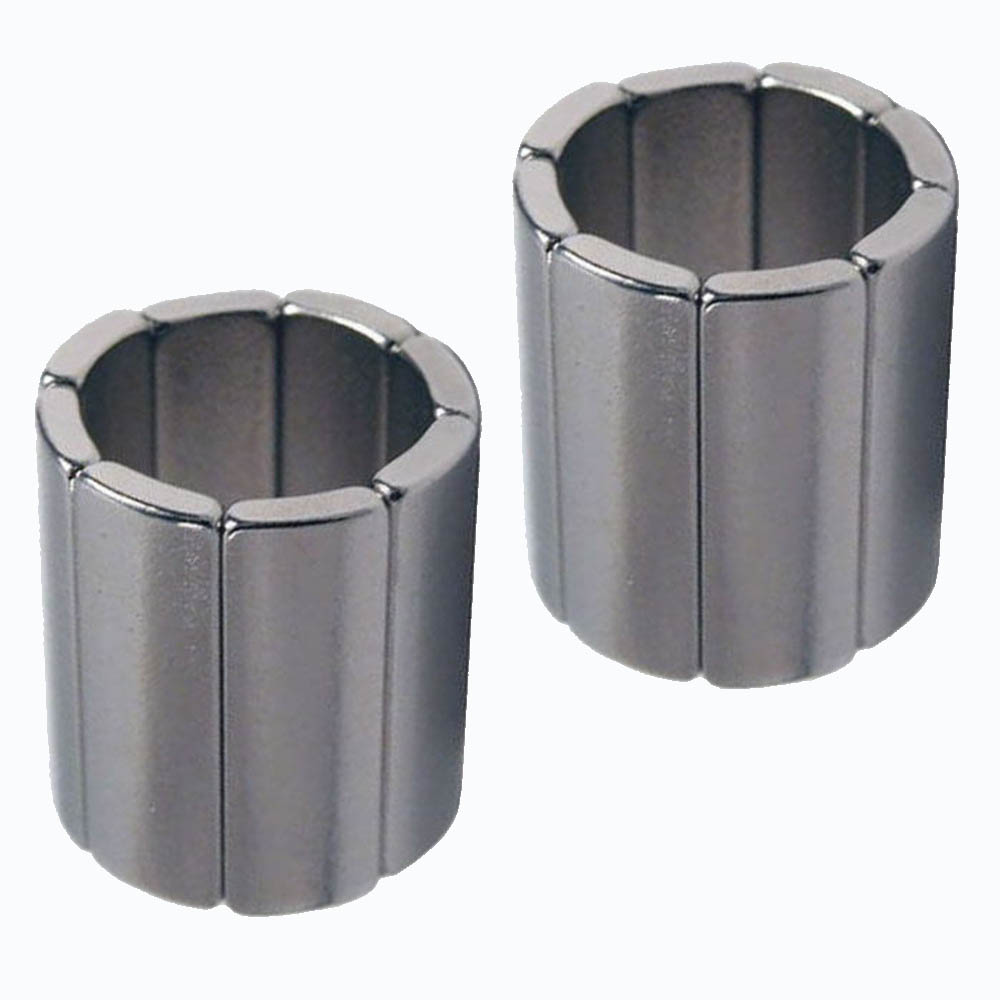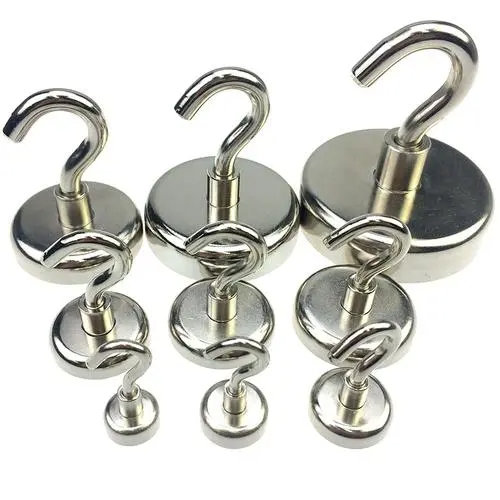Neodymium Magnets—also known as NdFeB magnets—are among the most powerful permanent magnets available for commercial and industrial use. These rare-earth magnets are used in a wide range of hardware applications, from electronic assemblies and mechanical tools to medical devices and renewable energy systems.
With global demand on the rise, procurement officers are scrutinizing magnet suppliers more closely than ever before. From technical performance to corrosion resistance, customization to compliance, buyers are asking the right questions before committing to bulk orders.
Here are five key concerns buyers consistently raise when sourcing Hardware Neodymium Magnets, and how leading manufacturers are responding.
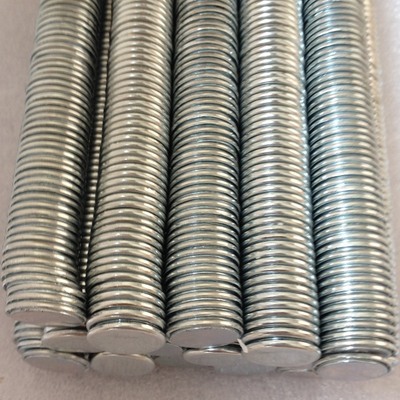
1. Magnetic Grade and Performance Are Top Priorities
The first question a buyer typically asks is: “What grade is this magnet?”
Neodymium magnets are graded by their magnetic energy product, often designated with codes like N35, N42, N50, or N52. The higher the number, the stronger the magnetic field. For example, an N52 magnet can deliver nearly twice the pull force of an N35 magnet of the same size.
But magnetic strength isn’t the only factor that matters. Buyers often require technical data such as:
Surface Gauss readings
Pull force (kg/lbs) on steel
Operating temperature range (e.g., up to 80°C or higher for special grades)
Magnetization direction (axial, radial, multipole)
Buyers in sectors like automotive, consumer electronics, and aerospace may also request performance charts or simulation data showing how the magnet behaves in real-world applications. As a result, experienced suppliers now offer detailed magnetic test reports with each batch, along with third-party certifications upon request.
2. Customization of Size, Shape, and Tolerance Is in High Demand
Neodymium magnets are available in a wide variety of standard forms—discs, blocks, rings, spheres—but many buyers require non-standard sizes and shapes for integration into complex assemblies.
Common customization requests include:
Specific dimensions and tolerances (e.g., ±0.05mm)
Special shapes like countersunk holes, chamfered edges, or multi-pole configurations
Adhesive backing or mechanical fastening options
Industrial buyers often ask:
“Can you make this to our drawing?” or “Can you meet our tolerance standard for press-fit into housings?”
Manufacturers capable of precision cutting, wire EDM, CNC machining, and in-house tooling are increasingly preferred. In many cases, small MOQ custom samples can be produced in 5–7 working days, helping buyers verify fit and performance before committing to larger runs.
3. Coating Technology and Corrosion Resistance Matter
Neodymium magnets are notoriously vulnerable to oxidation. Without protective coating, they can quickly degrade in humid or corrosive environments, leading to loss of magnetic strength or structural integrity.
Buyers typically ask:
“What coating is applied?”
“How long can it last in salt spray testing?”
“Can it withstand outdoor or marine use?”
Common coating options include:
Ni-Cu-Ni (Nickel-Copper-Nickel): A standard choice offering basic protection and a shiny finish
Epoxy (black or grey): Suitable for high-humidity environments or electrical insulation
Zinc or Gold plating: For cosmetic and moderate anti-corrosion needs
Parylene or PTFE (Teflon): For high-end or medical applications
For buyers in coastal regions or using magnets in automotive or outdoor enclosures, 96 to 200+ hours of salt spray resistance may be required. Leading suppliers now offer custom coating combinations or encapsulation options to meet extreme conditions.
4. Packaging and Shipping Safety Are Critical for Global Buyers
Despite their compact size, neodymium magnets are subject to strict shipping regulations due to their intense magnetic fields. Improperly packaged magnets can interfere with electronic devices during transit or even cause injury.
As a result, buyers routinely ask:
“How are the magnets packaged?”
“Are they magnetically shielded for air or sea freight?”
“Can the packaging be customized with labels or part numbers?”
To prevent damage or accidental attraction during shipping, high-quality suppliers now use:
Individual separation via foam or cardboard layers
Magnetic shielding materials (iron sheets, metal spacers)
Plastic or vacuum-sealed inner packaging
Labels with polarity direction and safety notices
Some buyers also request barcoded packaging, batch traceability, or custom trays to integrate directly into their assembly lines.
5. Competitive Pricing, Reasonable MOQ, and Fast Lead Time Seal the Deal
In a competitive market, even the best magnets need to be backed by affordable pricing and dependable lead times. This is especially true for resellers, small manufacturers, or prototyping companies with limited budgets.
Typical procurement questions include:
“What is the unit price at 100/1,000/10,000 pcs?”
“What’s your MOQ for standard vs. custom items?”
“How soon can you ship?”
While prices vary depending on the grade, size, and coating, many suppliers now offer tiered pricing structures and bulk discounts. For example:
MOQ for standard magnets: 100–500 pcs
MOQ for custom magnets: 1,000 pcs, sometimes less for simple shapes
Lead time for stock items: 3–5 days
Lead time for custom orders: 10–20 working days
In volatile markets where rare-earth metal prices fluctuate, buyers increasingly appreciate fixed-term pricing agreements, buffer stock options, and just-in-time delivery.
Conclusion: Precision, Performance, and Partnership Drive Neodymium Magnet Purchasing Decisions
Hardware-grade neodymium magnets are far more than just small pieces of metal—they are precision-engineered components that play a critical role in the functionality, safety, and longevity of modern industrial systems.
Buyers today want more than a powerful magnet. They want technical transparency, customization flexibility, reliable delivery, and responsive service. Suppliers who can meet these expectations are not only winning more orders—they’re forging long-term partnerships with clients across sectors.
As innovation continues and demand for high-performance magnetic materials increases—especially in green energy, robotics, and automation—neodymium magnets will remain a cornerstone of industrial design and development.
Whether you're sourcing magnets for high-speed motors, magnetic latches, or precision sensors, asking the right questions—about grade, coating, packaging, and price—is key to securing a solution that performs flawlessly in your application.




 English
English


